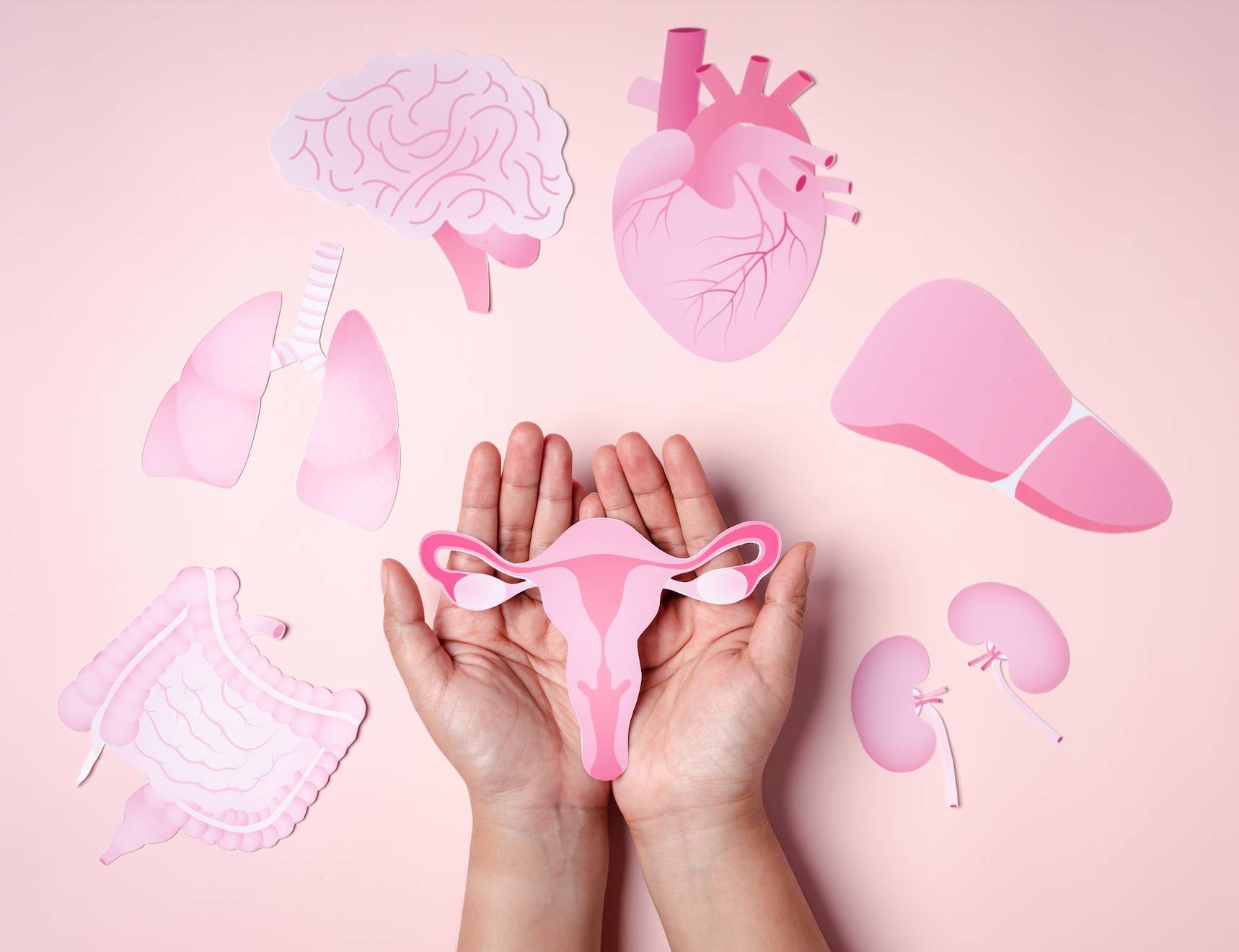Depressive symptoms and weight in midlife women: The role of stress eating and menopausal status
Schreiber & Dautovich (2017) gathered data from on 815 premenopausal and postmenopausal women [taken from the Midlife in the United States II study (MIDUS II)] and examined stress eating as a mediator between depressive symptoms and weight, in addition to menopausal status as a moderator of the connection between depressive symptoms, stress eating, and weight. The overall purpose was to investigate the association between depressive symptoms and weight in midlife women. The measures used included BMI, a coping questionnaire, and the CIDI-SF (evaluates mental and substance disorders such as major depression). Controlling for covariates, depressive symptoms were not directly associated with weight, b= −0.4, 95% CI [−0.4, 0.1]. Stress eating was found to be a significant mediator between depressive symptoms and weight, b= 0.3, 95% CI [0.06, 0.3], although this mediation was conditional on menopausal stage, with depressive symptoms and stress eating significantly linked in postmenopausal, not premenopausal women. Schreiber & Dautovich (2017) concluded that both stress eating and menopausal status significantly contributed to the depressive symptom-weight association. Since psychosocial factors also play an important role in this relationship, this paper proposed focusing on both behavioral factors and menopausal status when identifying who is at risk of developing poor weight outcomes. [NPID: menopause, perimenopause, premenopause, female, women, menolacto, hormone health, hormone therapy, midlife, depression, stress, stress eating, coping mechanisms, MDD, major depressive disorder]
Year: 2017
 Navigation
Navigation






